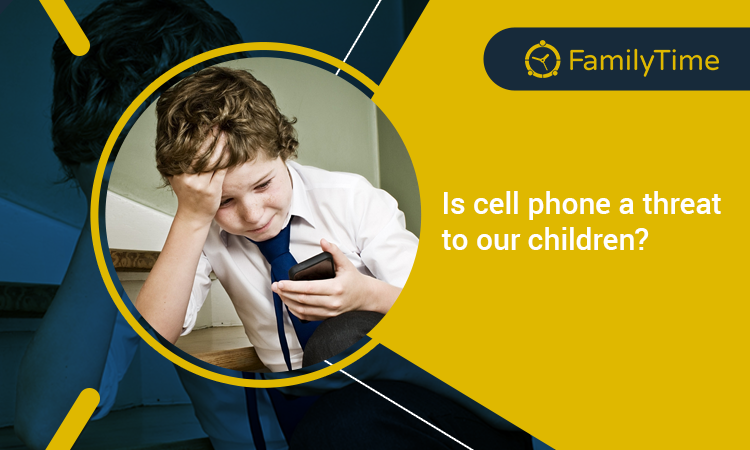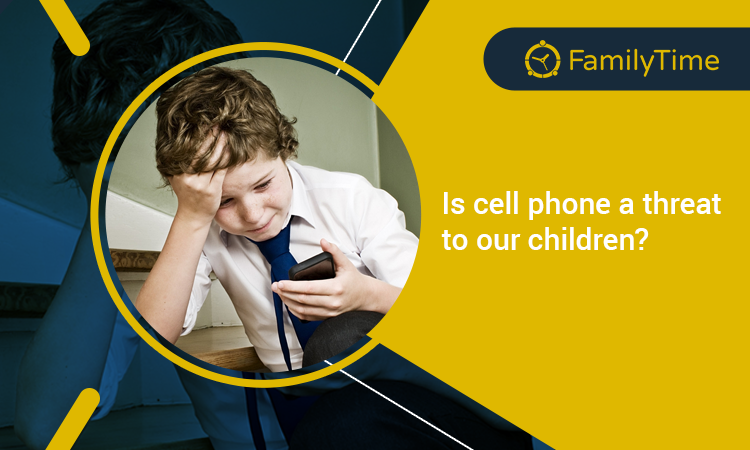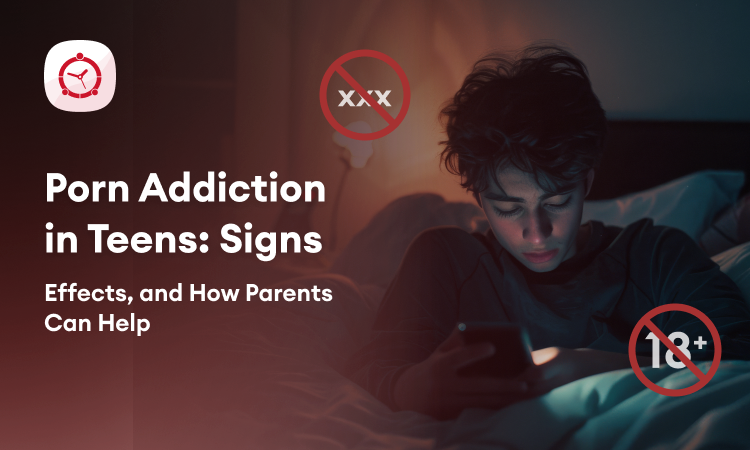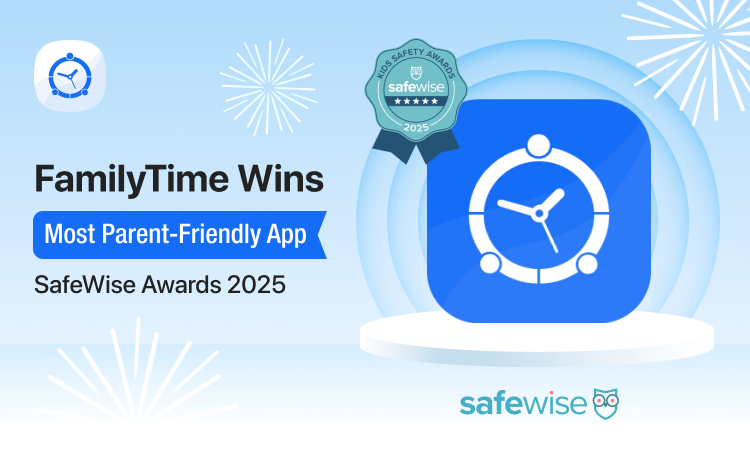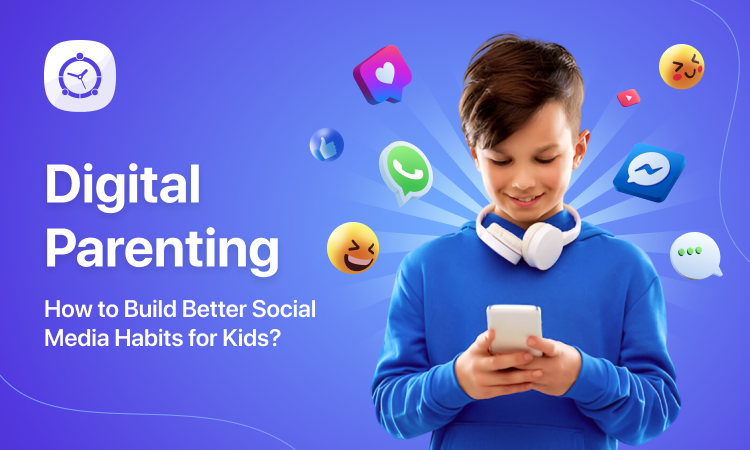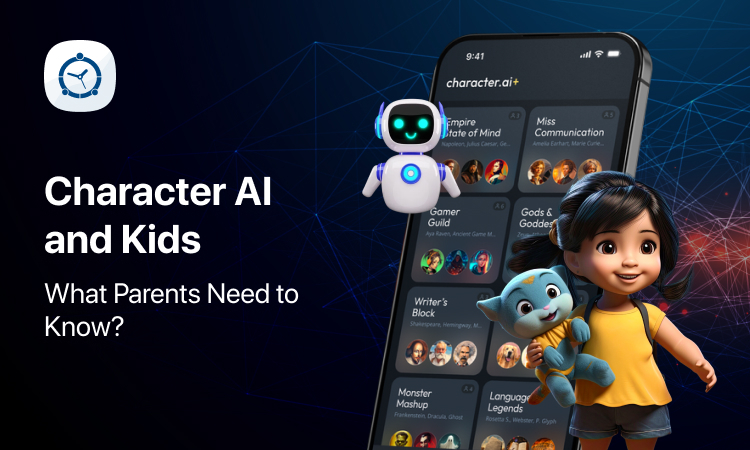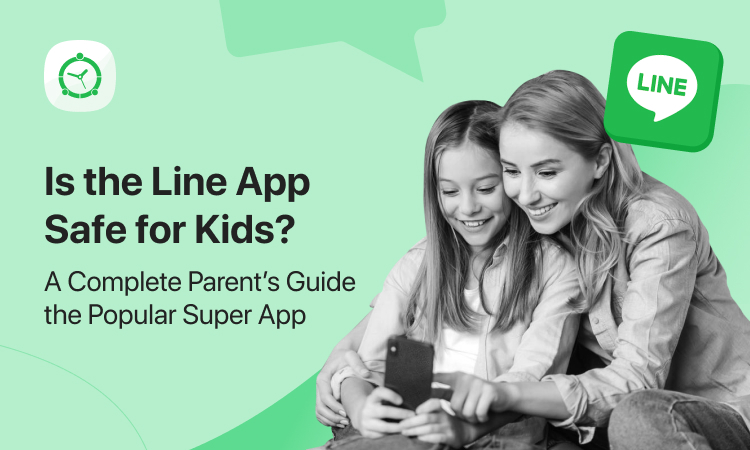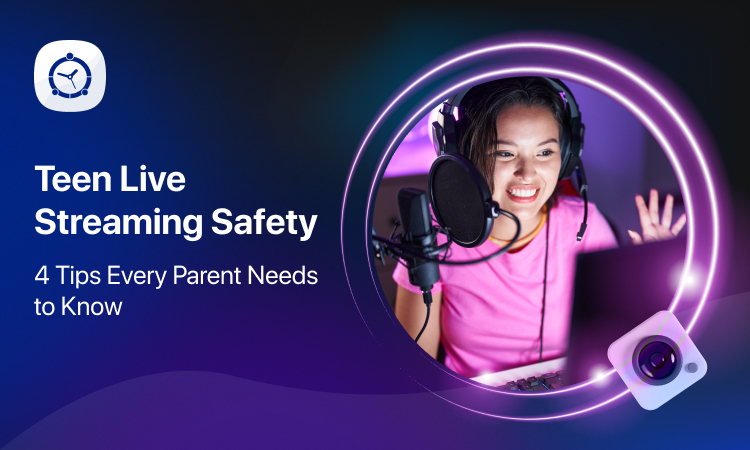While the law has clarified the issue of mobile phones at school since the start of the 2018 school year, we wonder: should we really demonize this 2.0 tool? Different parenting and high-tech experts give us their point of view.
The mobile phone and the exposure to screens remain major concerns of today’s parents. Since the start of the school year2018, the rule concerning mobile phones at school has thus evolved. If we gladly hear that we are witnessing a total ban on mobile phones, the reality is, in fact, much less clear-cut than that. Indeed, the text prohibits the use of any connected object (laptop, tablet, watch…) in schools and colleges, but it provides for exceptions “for educational uses” – until then prohibited -, left to the assessment of each establishment in its internal regulations, or for disabled children. Finally, the current law only facilitates the application of texts hitherto in place and tends to simplify and liberalize the use of the telephone in learning, according to the wishes of each director. A Telecom has published an Observatory in which we learn, for example, that 87% of parents are in favor of the new law prohibiting the telephone. A large number of college students are directly concerned since almost all of them are equipped with a laptop (87% for 11-15-year-olds), and often from the entry into a sixth grade (68% of the children surveyed obtained their first telephone when they entered college).
Time spent on the cell phone is the major point of disagreement between parents and children: 74% of parents believe that their child spends too much time on his cell phone. If the overconsumption of screens worries parents a lot, their main anxiety related to the Internet is the risk of exposure to shocking content and, more particularly, to pornographic content (79%). Sanctuarizing education centers as places without a telephone, therefore, appears to be a means of responding to these concerns. But to these many detractors of the mobile phone, several specialists praise the qualities and deplore the use (and the lack of learning in its use especially) than the object itself. So, is the cell phone a real threat or a misused tool?
The arguments of the detractors of the cell phone for the child
- Screen addiction
According to a study carried out by CSA Research in 2018, 33% of 10-15-year-olds check their phone at least fifty times a day, and sometimes even at night. With such high screen consumption, we say to ourselves that this use cannot be without danger, and the detractors of the cellphone thus claim that it would cause in young people attention deficits and sleep disorders. While a majority of teens manage to make reasonable use of their cell phones, but the majority of them don’t bother about it at all. Some young people risk developing a real addiction to screens. By bounce, the telephone would also be responsible for the reduction of the physical activity of the children.
- Exposure to pornography and violent images
The mobile phone is today the first access to pornography among young people, as underlined by Thomas Romer, member of the office of the Voice of the Child, expert with the High Council of the Family, of the Childhood and of the ‘Age: “Access to porn is mainly done today via the smartphone because it is quite simply the most common connected object among young people.”
- The cyberstalking
The risk of cyber-harassment is not a subject to be overlooked either: 3% of 11-15-year-olds say they have been victims, and 16% know someone who has been harassed.
- Too much information for children
Finally, children and adolescents are less apt than adults to sort information on the Internet. There is currently no tool that helps verify the information: today, one in four children always say they believe information posted on social networks if it is shared by one of his “friends.” In this context, exposure to screens is inevitably harmful to them.
The arguments of the defenders of the cell phone for the child
- An educational tool
These opinions on the harmfulness of the cell phone often make you forget that it also has many virtues. For experts, the mobile phone can even turn out to be an educational tool in its own right. According to them, “It allows you to do many useful things in class, such as photographing the blackboard when a student has forgotten to copy his lessons or remind him that he must bring back parental authorization when an outing has been scheduled. The smartphone participates in the personal organization of the students’ workspace and helps them on a daily basis”. In addition, we know that digital media are invaluable for working with children with neurodevelopmental disorders such as autism.
- A vector of socialization
Our society can no longer do without the cell phone. We parents ourselves often set a bad example. Depriving your teenager of a cell phone is to somehow deprive him of a very important axis of socialization. Not owning a cell phone is more an anomaly than a norm, and risks of marginalizing the child are concerned. Paradoxically, it is, therefore, necessary to be familiar with the Internet and with their mobile phone, with good support, that a teenager will be more likely to avoid the trap of cyber-harassment.
Conclusion:
Basically, the problem comes from us, parents. Think, is the cell phone the cause or just the means? According to Thomas Rhomer, we are constantly sending paradoxical messages since we ourselves find it difficult to do without our cell phones, even during a family meal. In order to control and supervise this time spent on cellphones, nearly 8 out of 10 parents (79%) establish rules at home, the main ones being:
- Do not check their phone at the table (for 91% of them)
- No phone in the room at night (for 82% of them)
- Don’t spend a particular time on phone calls in the evening (for 76% of them)
In addition, the psychiatrist Serge Tisseron devised a method according to age to help to learn the mobile phone. Called the 3-6-9-12 rule, this technique gives parents guidance: no screen before three years old, or at least avoid them as much as possible, no portable game console before six years old, no Internet before nine years old, and with accompanied navigation until entering college, Internet-only from 12 years old, with caution. However, framing screen time at any age is essential. The parent must accompany the child in its use. Because on these subjects, nothing replaces the discussion within the family. With that, parents can make use of cell phone parental monitoring apps like FamilyTime. The app helps parents see what their kids use their devices for and what apps keep them hooked. Not only that, but with the FamilyTime app, parents can also establish screen rules for their kids and implement those effortlessly with a built-in scheduler that locks kids’ devices once the given time is consumed. To see other offered features of FamilyTime, visit our Feature page here or give FamilyTime app a free trial now!

